Exploring Local Challenges and Solutions for Waste to Energy Implementation
In order to waste management challenges, WITS Group visited several key locations across Indonesia. These visits involved local governments, industries, and communities to better understand the current waste management conditions and find solutions for turning waste into energy.
TPS 3R Meruya
TPS 3R Meruya is a small-scale waste processing facility that has the 3R concept (Reduce, Reuse, Recycle). Currently, there are only 19 TPS 3R out of 1,000 TPS in Jakarta. This facility aims to ease the burden on the Bantar Gebang TPA by processing waste locally and recycling waste to reduce the volume that must be disposed of at the TPA.
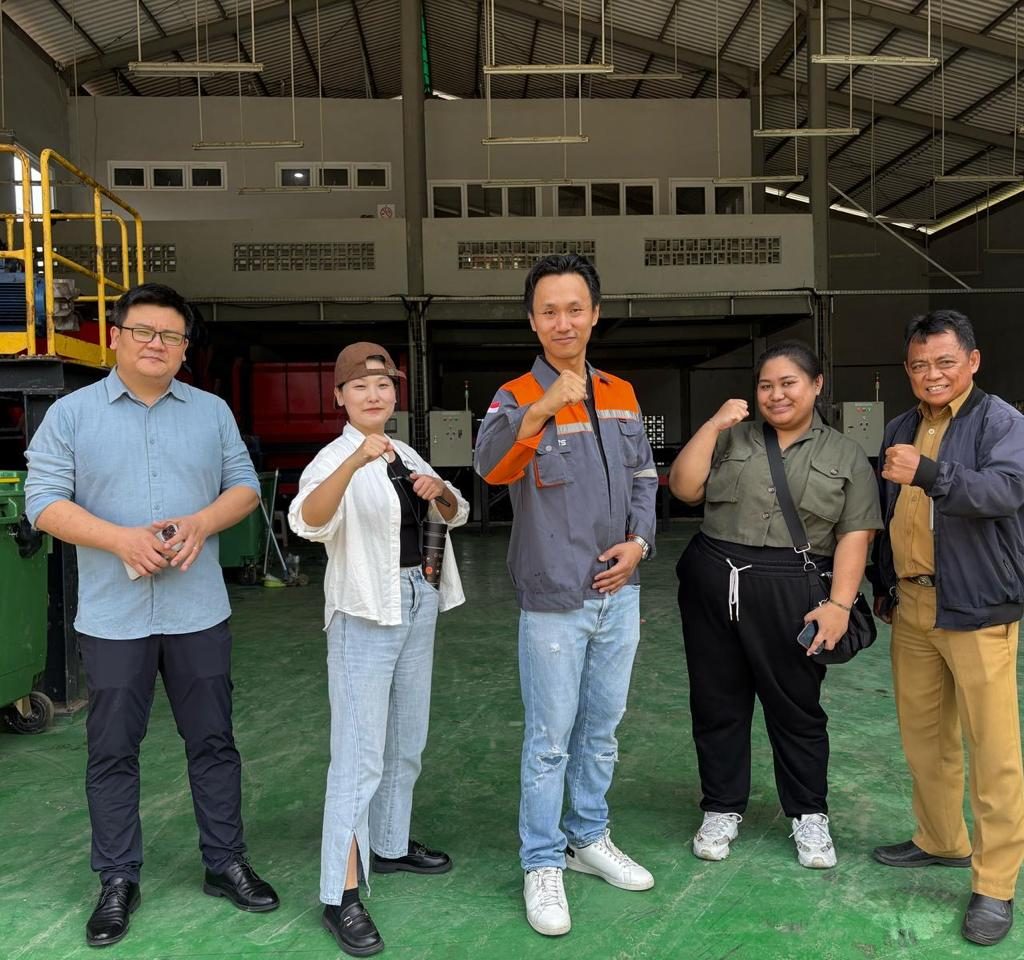

UPST Bantar Gebang
UPST Bantar Gebang is the largest landfill in Indonesia, with an RDF (Refuse Derived Fuel) Plant that can process 2,000 tons of waste per day. The plant processes 1,000 tons of fresh waste and 1,000 tons of landfill waste every day. The RDF produced is used in cement factories. The landfill currently holds around 30 to 50 million tons of waste, with 7,800 tons of waste coming in every day.
TPSA Bagendung
TPSA Bagendung focuses on processing organic waste, such as coconut husks, which are turned into SRF (Solid Recovered Fuel). This fuel is used in the PLTU Suralaya power plant.
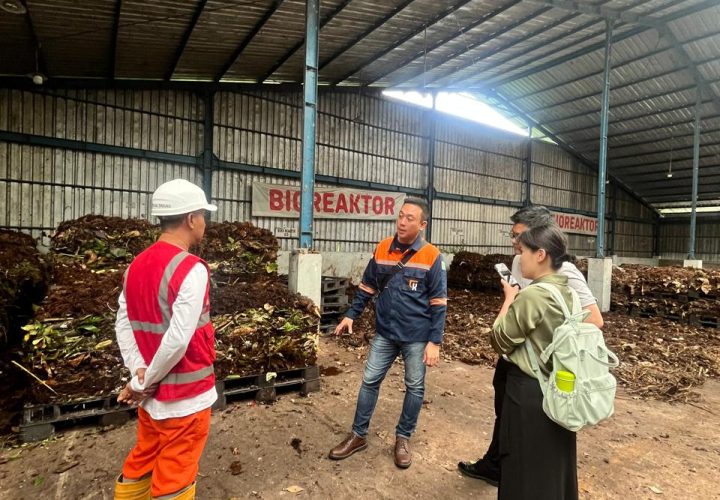
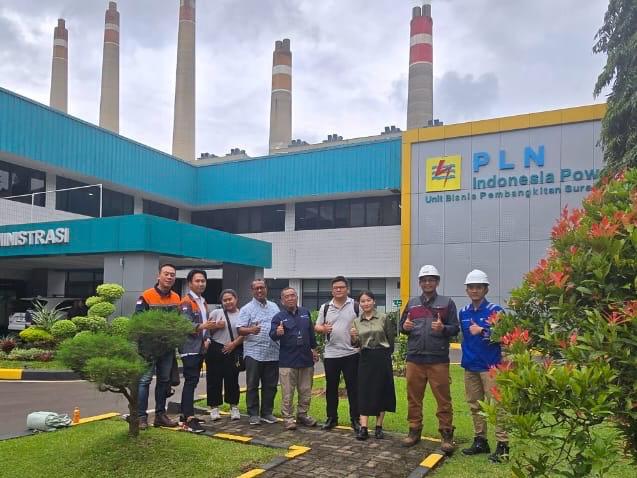
Indonesia Power Suralaya 7
Jono Enviro Indonesia processes waste into Enercycle Fuel (ECF), which is used at PLTU Suralaya as an alternative energy source. This visit discussed the feasibility of using ECF at the plant and what changes might be needed to make the process more efficient.
TPS 3R TB Simatupang
TPS 3R TB Simatupang is another 3R waste processing facility in Jakarta. It processes organic waste such as tree trunks, bamboo, and branches from the Ciliwung River. After being processed, the waste is sent to Bantar Gebang to be mixed with RDF.
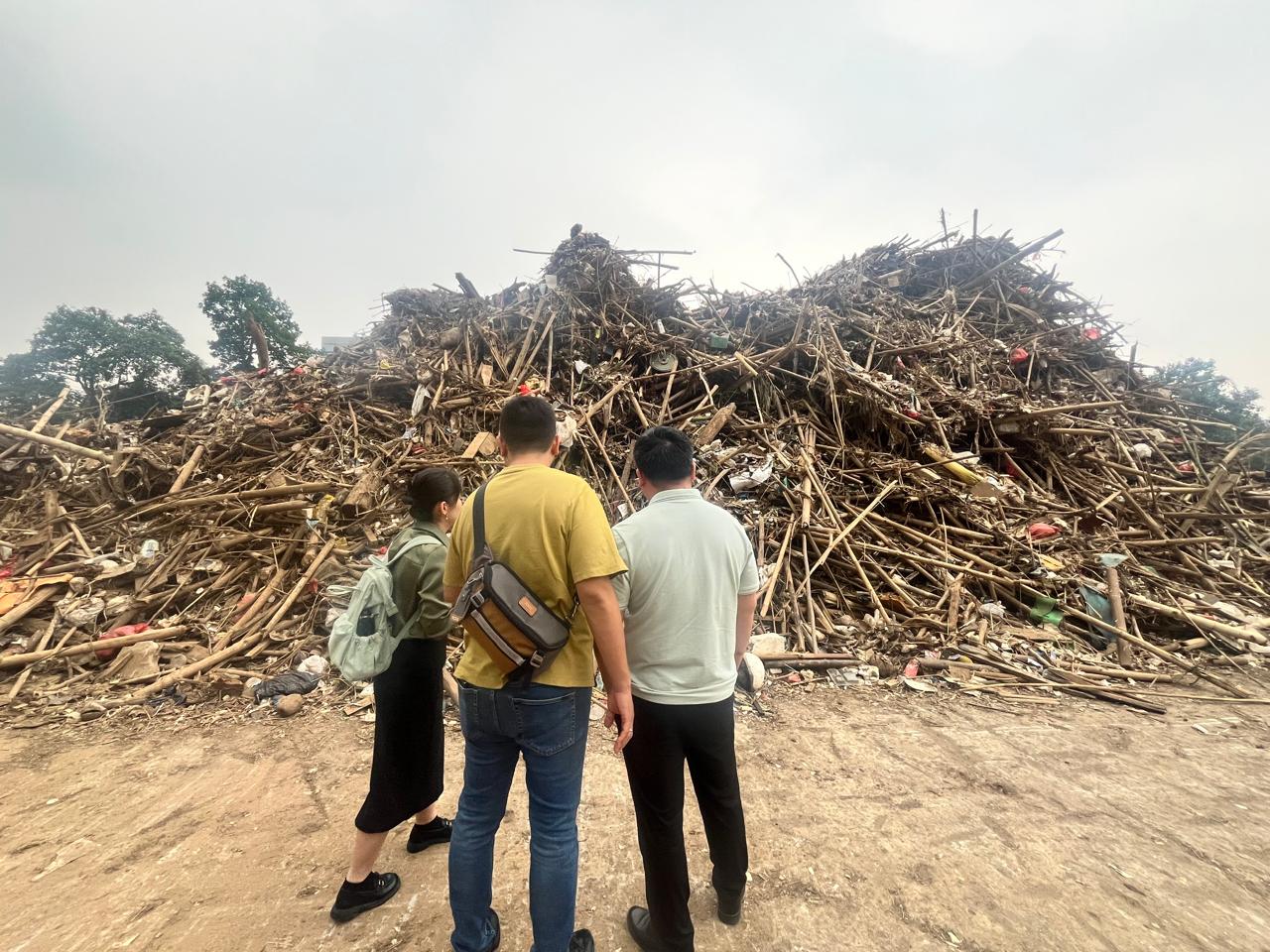

Pasar Induk Kramat Jati
At Pasar Induk Kramat Jati, one big challenge for Bantar Gebang is the inability to process organic waste from the markets, which adds up to around 300 tons of waste every day. In addition to fruit and vegetable waste, straw is a major problem because the current machines can’t process it. However, if properly processed, straw can produce high energy for power.
Wijaya Karya
Wijaya Karya (WIKA) plays an important role in building waste processing facilities. The discussion focused on the partnership between WIKA, who will be the EPC (Engineering, Procurement, and Construction) provider, and Jono Enviro Indonesia, which will supply the technology. The goal is to build Waste-to-Energy facilities to help solve Indonesia’s waste problems and support renewable energy.
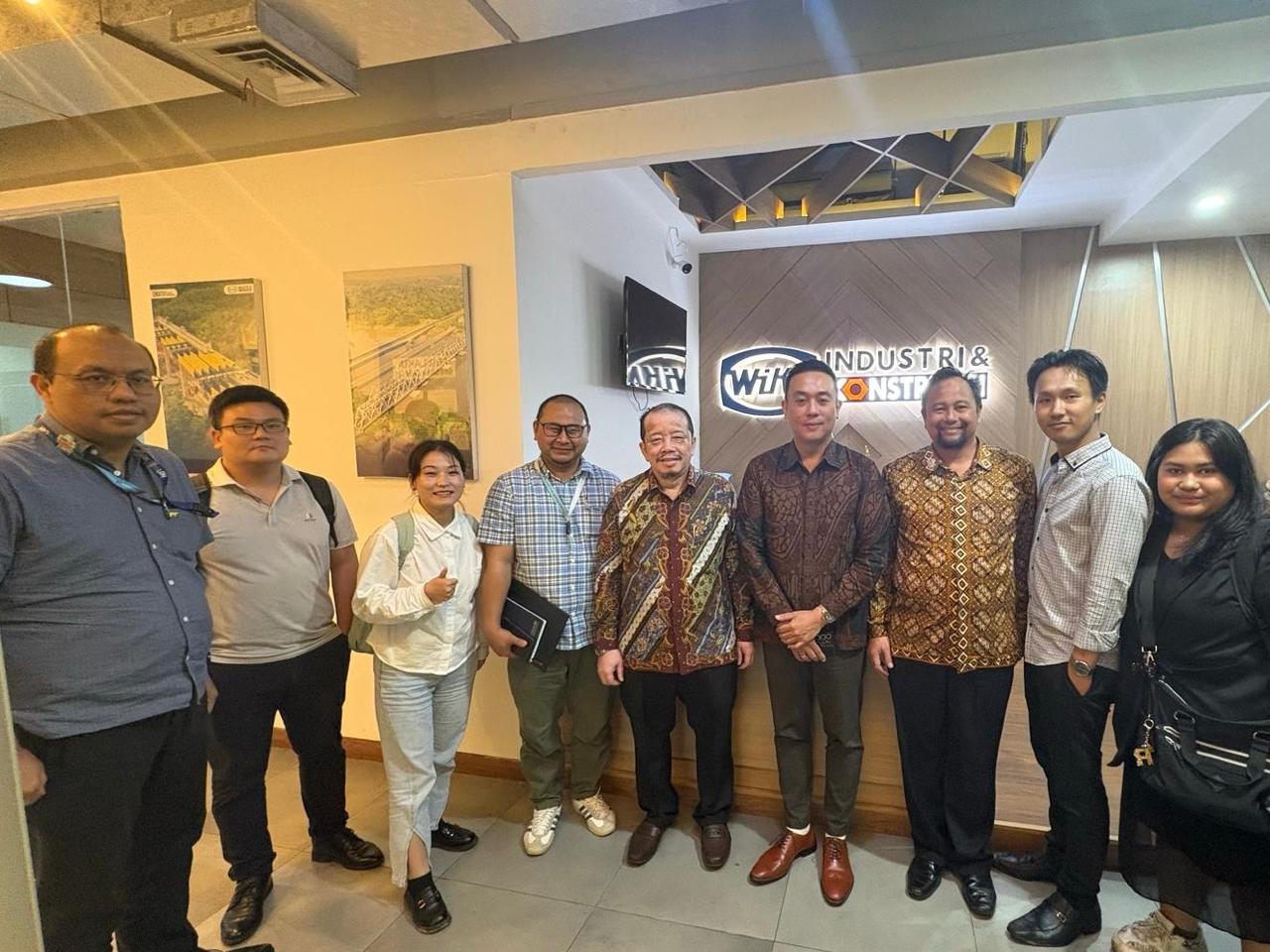
Conclusion
These field visits provided valuable insights into the current waste management conditions and the potential for Waste-to-Energy solutions in Indonesia. By collaborating with local governments and other stakeholders, WITS Group is committed to continuing the search for effective solutions to address waste challenges, support sustainability, and contribute to Indonesia’s transition to clean energy.

Add a Comment